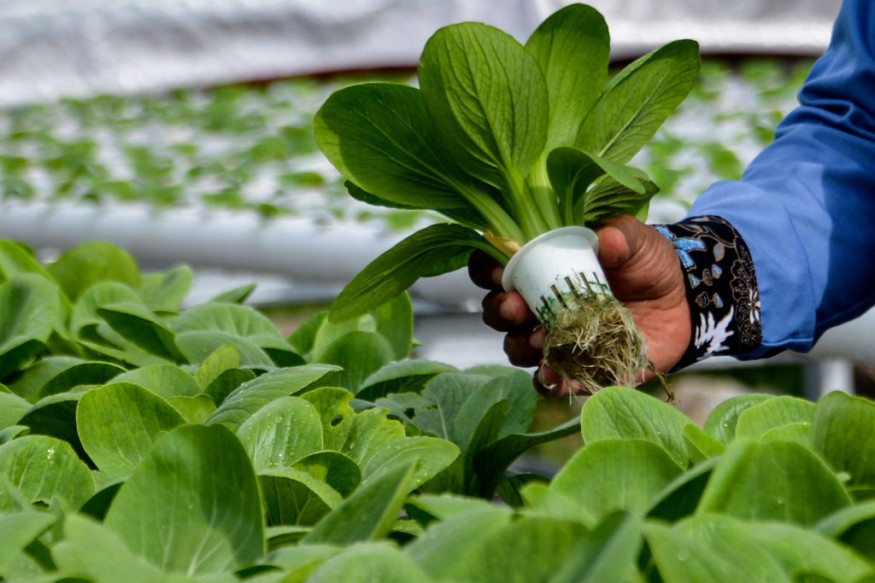
A professional gardener outlines seven reasons for cultivating a hydroponic garden at home.
Basics of a Hydroponic Garden
Hydroponics is a way of growing plants inside that does not require the use of soil. Plants obtain all of their nourishment from a nutrient solution provided to their roots rather than extracting mineral minerals required for development from the earth.
Many plant species thrive in hydroponic environments. Herbs, tomatoes, peppers, lettuce and greens, tomatoes, and strawberries are among the best plants to thrive in a hydroponic garden.
While it may appear complicated, cultivating plants in a hydroponic garden has several advantages.
Some of the most notable, according to Amanda Brahlek, a noted professional gardener for Trees.com, are listed below.
#1 Year-Round Growing Season
Plant development is hampered in cold areas with cold winter temperatures and shorter day lengths. Plants may be grown hydroponically year-round in a hydroponics system because the grower will be able to control the temperature, light, and fertilizer supply.
#2 Enhanced Yields
Hydroponics systems often produce plants that grow quickly and generate more. This is most likely owing to the higher oxygen levels in the nutritional solution as well as the carefully regulated ambient variables.
Increased oxygen levels in a plant increase root development and nutrient absorption. These ideal growth circumstances result in less stress on the plants and a more abundant crop.
Furthermore, the National Park Service said that many of the aspects that might boost plant development, such as the pH level of the water, the nutritional content of the water, the amount and kind of light, and so on, can be better managed in a hydroponic garden.
#3 Efficient Plant Density
Plants growing in soil require strict spacing restrictions to ensure that each plant has equal access to the soil rather than competing for a supply of water and nutrients.
Brahlek explained that because a hydroponic garden supplies a more nutrient-rich solution directly to the root zone, plants may be grown closer together without fighting for root space.
#4 Can be Grown Indoors
Hydroponics systems offer a versatile alternative to traditional gardens, as they can be seamlessly integrated into various homes, irrespective of their dimensions or geographical setting. This means that a hydroponic garden can be installed indoors, even placed on countertops.
#5 Water Efficiency
Even though hydroponic systems rely largely on water to produce plants, they consume 80 to 90% less water compared to plants that are grown in the ground.
To provide appropriate moisture to reach the root zone, a substantial amount of water is supplied to the soil in traditional gardening. Water evaporates as it moves through the soil, and only a portion of it reaches the roots.
In contrast, Brahlek says that water enters the roots quickly in hydroponics, with low loss due to evaporation.
ZipGrow explains that Water is recirculated in most hydroponic farming systems, where run-off water can be recirculated and taken in by the roots. As a result, every drop of water is reused many times.
#6 Little to No Need for Pesticides
Pests are less widespread in hydroponics systems since they are inside and have regulated entrances. Insects have a more difficult time infiltrating the system and attacking plants.
Furthermore, fewer insect issues need the use of fewer pesticides, according to Brahlek.
#7 Ease of Harvest
Plants produced in hydroponic systems are often cultivated on countertops, benches, tables, and other surfaces that are at waist height for most gardeners.
Mature plants are easy to harvest at this height since there is no need to stoop or kneel to reach them. This is a significant benefit for gardeners who have restricted movement or physical conditions that prevent them from planting on the ground, Trees.com reported.
Related Article : 1000 Wildlife-Friendly Home Gardens in England Earn Plaques as Reward
© 2025 NatureWorldNews.com All rights reserved. Do not reproduce without permission.





